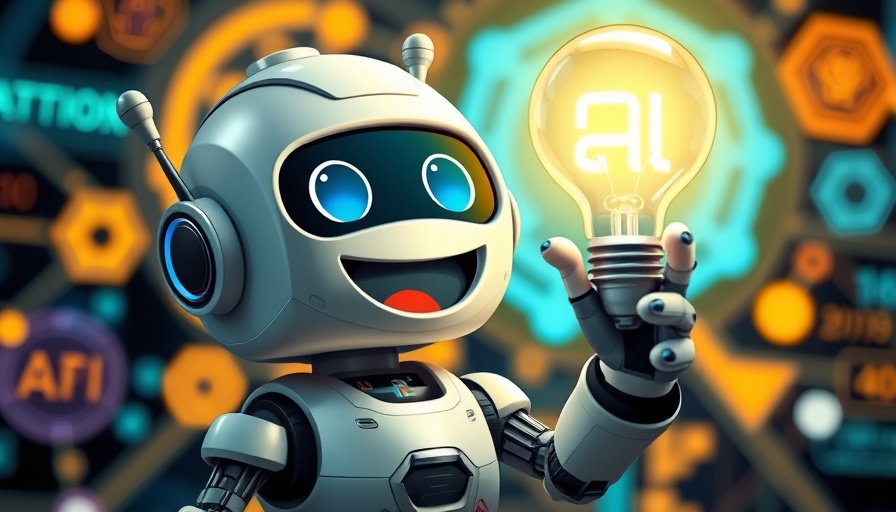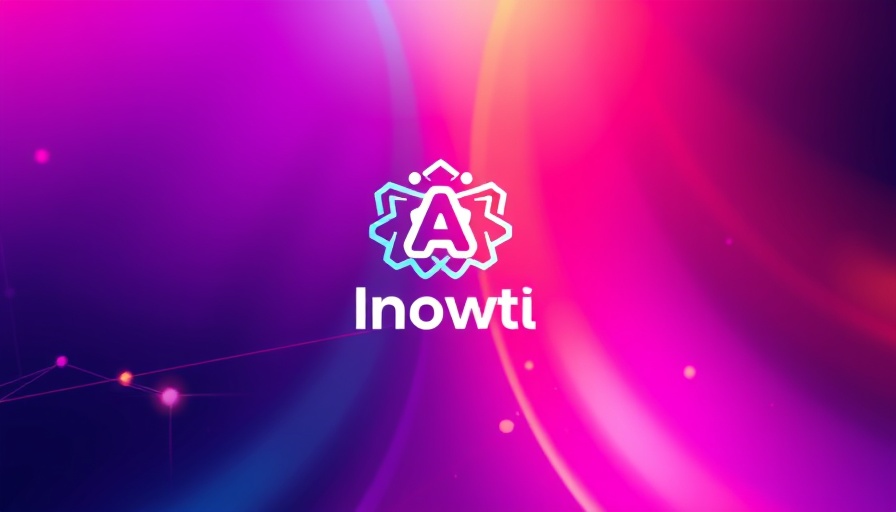
Unlocking AI Potential: The Key Roles for Business Owners
The myth that only data scientists can implement AI effectively has restricted small businesses from transforming their operations. Many entrepreneurs mistakenly believe they need to recruit a specialized tech team from the outside to harness the power of artificial intelligence. However, the reality is more profound—the journey towards an AI-driven workforce often starts with reimagining the roles of existing employees.
Rethinking Team Dynamics for AI Integration
Businesses do not need to abandon their current workforce; instead, they should evaluate and evolve the present roles within their teams. A customer service representative's understanding of client needs can be leveraged to turn them into an AI implementation specialist. Similarly, a detail-oriented office manager has the potential to become a critical data quality expert. Recognizing these innate talents allows organizations to adapt to AI technologies seamlessly.
The Value of Human Skills in an AI-Driven World
As businesses increasingly automate routine tasks, the need for distinctly human skills grows. Traditional tech skills, while valuable, are no longer enough. Qualities like emotional intelligence, creative problem-solving, and strategic thinking are becoming the cornerstones of successful AI implementation. These types of capabilities are essential in ensuring that technology complements human effort rather than replaces it.
Fostering a Culture of Continuous Learning
Creating an AI-capable team doesn't require extensive technical training or expensive consultants; it starts with developing a culture of continuous learning within the organization. This entails making curiosity part of the daily routine, encouraging employees to explore new ideas and practical operational adjustments. Rather than lengthy courses, on-the-job learning and mentoring can foster the necessary skills.
Actionable Insights for Business Owners
For small business owners looking to embrace AI, it's vital to focus on skills that relate directly to business objectives. Consider specific needs such as enhancing customer data processing, optimizing automated workflows, or improving project management for AI initiatives. By targeting skill development in these areas, businesses can make the transition to an AI-driven environment effective and less daunting.
The message is clear: Building an AI-driven team doesn't require a complete overhaul. Instead, it involves recognizing and nurturing existing talent and creating an organizational climate conducive to learning and adaptability. Business owners are encouraged to take the initiative, guiding their teams through a transformative journey towards becoming AI-capable.
 Add Row
Add Row  Add Element
Add Element 



Write A Comment